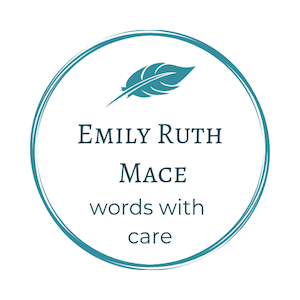My editorial philosophy takes inspiration from T. S. Eliot’s description of writing from his poem “Little Gidding:”
And every phrase
-T.S. Eliot, “Little Gidding”
And sentence that is right (where every word is at home,
Taking its place to support the others,
The word neither diffident nor ostentatious,
An easy commerce of the old and the new,
The common word exact without vulgarity,
The formal word precise but not pedantic,
The complete consort dancing together)
“Where every word is at home” could be called the goal of all good writing.
But it’s just a goal. Often it takes time to get there.
I’m an equal fan of Anne Lamott’s description of the “Shitty First Draft” (excuse the language if that’s not your style!) On the way to the place where every word is at home, there are often piles of abandoned MS Word files and random notes on napkins or in the voice memo app on your phone. But eventually the writing takes shape, and it needs a reader. Or another eye to make sure that your words reflect what you really are trying to say.
That’s where a good editor comes in.
I help the soul of your manuscript to shine.
My goal isn’t to substantially rewrite your work or change what you’re trying to say. It’s to help the soul of your manuscript, essay, or project shine by suggesting—based on my experience as a writer, reader, and editor—where your language or logic could use polishing.
Think of it like putting together a building:
Developmental editing: This is where we make sure the structure, the bones of your building, are sound. Depending on the status of your the project, we’ll talk about the overall scope of the project or story, its structure and flow, and whether the work as currently organized will help you best get there. I’ll help you organize paragraphs, thoughts, ideas, sentences, or even chapters to create the best possible draft.
Copy editing: The basic building structure is in place, but now we have to fine-tune the details. I’ll look at word choice, style, jargon, grammar, verb tense, subject-verb agreement, and other medium-picture elements. I’ll notice unclear sentences or ideas that could use a bit more work. I’ll point out where you’re doing really well and how you can spread that throughout the manuscript. It’s like putting the boards and then the paint on a finished building.
Proof reading: The building is ready, except for a few touch-ups. This is the last chance to fix basic issues in grammar, style, punctuation, capitalization, spelling, or consistency, but usually doesn’t involve more substantive suggestion.
Formatting: fixing margins, paragraphs, spacing, headers, and other details to fit a publisher’s or committee’s requirements.
Not sure what you need? Do you have a project that could use some attention? Contact me to talk about it!



